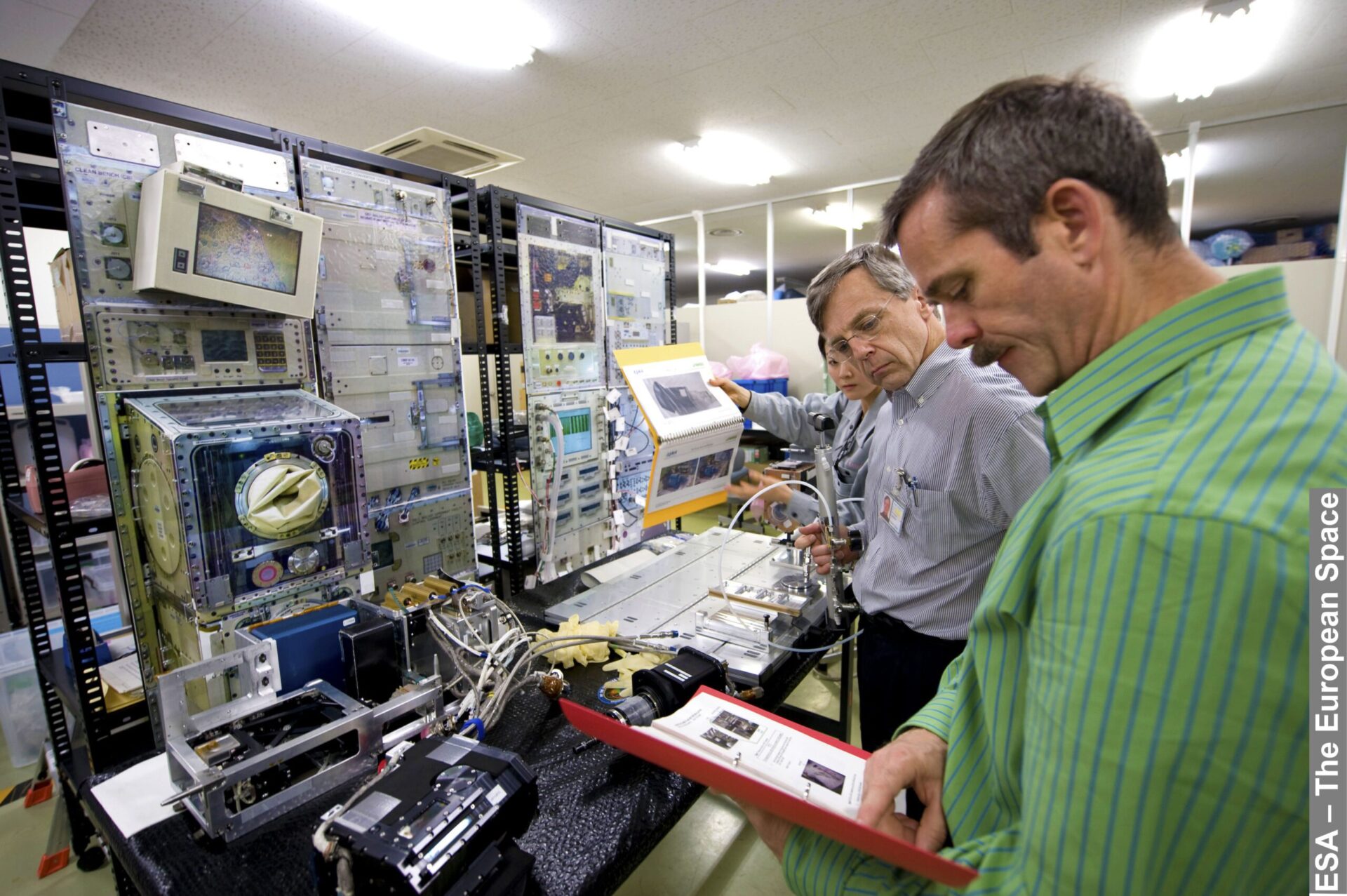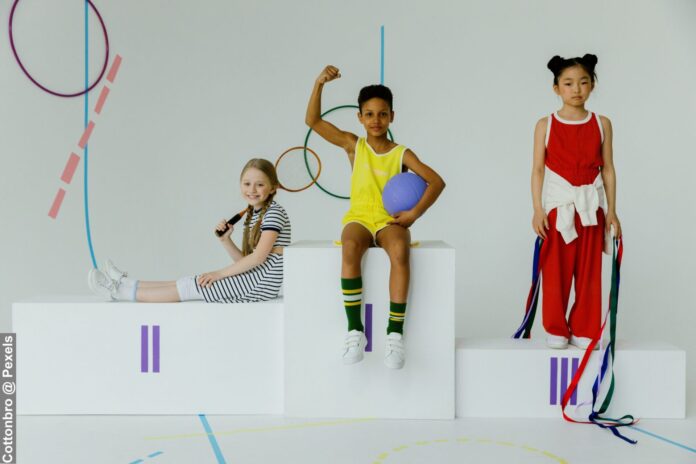Watching NASA’s SpaceX Crew-4 Mission in the early hours of 27 April 2020 inspired me to fast forward my blog post, ‘Kids Aim to Be at Zero’, taken from Chris Hadfield’s book “An Astronaut’s Guide to Life on Earth”.
A little about NASA’s SpaceX Crew-4 Mission
Crew-4 launched to the International Space Station from the Launch Complex at Kennedy Space Centre in Florida at 3:52 a.m. EDT on 27 April 2022.
Onboard the SpaceX’s Crew Dragon Freedom were Crew-4 astronauts Jessica Watkins, Bob Hines (mission specialist), Kjell Lindgren (pilot), and Samantha Cristoforetti (commander).
On this mention, Jessica Watkins became the first black woman to work on the ISS.
Chris Hadfield the man and his book
I have already provided a detailed introduction to Chris Hadfield in my first blog post based on his book, ‘Chris Hadfield: Kids Have An Attitude‘. To avoid repetition, I will omit this information, sparing those that have already read it. For those that have not, I would say, please make your way to the post and enjoy it.
The book keeps on giving; Chris Hadfield’s book “An astronaut’s guide to life on earth” provides excellent insights on how one can use his experience to better their own life.
Kids Aim to Be at Zero
In many situations, all the insights and, to a certain degree, the title of this blog applies to adults. However, I am very much biassed towards children and their upbringing. This is mainly because changing old stripes on adults is far more complex than working with a brand-new canvas (kids).
Kids aim to be a zero is such a novel way of teaching children to be neutral around others. Through his life experiences, Chris Hadfield identified three ways that we can often be viewed by others. He had me as soon as he introduced them in the book.
I was touched, as I’m often left thinking about how best to teach my kids to allow their friends to be centre stage when opposing views are branded. Whilst they take up the role of the supporting cast, with the knowledge that they have nothing to prove to anyone or others. This is what he had to say;
Over the years, I have realised that in any new situation, whether it involves an elevator [example, experience of someone believing they are far more important than others] or a rocket ship, you will almost certainly be viewed in one of three ways. A ‘minus one’ is actively harmful, someone who creates problems. Or, as a ‘zero’, your impact is neutral and doesn’t tip the balance one way or the other. Or you’ll be seen as a ‘plus one’ someone who actively adds value.

The three ways you can be viewed
Chris Hadfield speaks about how everybody always wants to be a plus one; however, he also believes this should be left for others to bestow upon you. From his experience, anyone who craves the need to be a plus one will inadvertently be perceived as a minus one, no matter their skills or knowledge base.
In many situations, children often do not have the emotional intelligence and naturally crave the centre stage. However, the over-eagerness often comes across as arrogant or pushy, so it will always be perceived from the outside in the same way they are a minus one. In this instance, a parent’s role is to quietly gain your child’s attention, to notify them of this situation they find themselves in.
In these circumstances, this will be on a trial-and-error basis. You will have to live with the situation and discuss it later; hopefully, you will develop signs or signals with each other, which the child will instantly pick up over time.
I love this section of Chris Hadfield’s book so much because it teaches us why it is vital in the early years to try and help our kids not to view themselves as more important than others (the so-called ‘little people’). Chris puts it so nicely that we are all not solo acts.
No astronaut, no matter how brilliant or brave, is a solo act… We work on behalf of everyone in our country, not just a select few, so we should behave the same way whether meeting with a head of state or a seventh-grade class. Frankly, this makes good sense even if you are not an astronaut.
Kids aim to be at zero by thinking of others
Chris Hadfield views it very simple; in any new environment, you should never intend on exploding out of the gates; you risk wreaking havoc instead of all your good intended purposes.
When you have some skills that don’t fully understand your environment, there is no way you can be a plus one; at best, you can be a zero. But zero isn’t a bad thing to be… Even later, when you understand the environment and can make an outstanding contribution, there is considerable wisdom in practising humility. If you really are a plus one, people will notice – and they’re even more likely to give you credit for it if you’re not trying to rub their noses in your greatness.
Becoming a plus one, that is, someone who adds value requires you to put other people’s needs above yours. It’s about understanding that we are all essential and nothing is above or beneath you – it’s about being a zero. In all situations, you should try to contribute in small positive ways.
How do you become a plus one?
The logical question to ask is, how does a child become a plus one, a person of value? The best way to reflect on this is to become the child who thinks of their friends, a child who puts the friend’s feelings above their own. Which then goes back to being a zero (being no better than the others), playing your role without creating any ripples.
The best way to contribute to a brand-new environment is not by trying to prove what a wonderful addition you are. It’s by trying to have a neutral impact, observing and learning from those already there, and pitching in with the grunt work wherever possible. One benefit of aiming to be a zero: it’s an attainable goal. Plus, it’s often a good way to get to plus one. Suppose you’re really observing and trying to learn rather than seeking to impress. In that case, you may actually get the chance to do something useful.
We are all human, we as adults crave attention at every given turn, and children have only started the journey. Resisting the urge for recognition is a tough job and must be practised. Children often crave the attention of any room they are in; however, this is precisely the time they need to fight the cravings to be centre stage.
There is no better time to utilise this tool to teach our kids; the man himself (Chris Hadfield) says; aiming to be a zero didn’t hurt his chances, and I mean, what a fantastic career and contribution he has made to the world.
Sources
- Chris Hadfield (29 January 2015), “An Astronaut’s Guide to Life on Earth”, Pan; Main Market edition.
- Jason Costa (27 April 2022), “NASA’s SpaceX Crew-4 Underway as Freedom Journeys to Station” [Accessed 4 December 2021], NASA
- NASA (June 2004) “Biographical Data – Chris Hadfield” Lyndon B. Johnson Space Center [Accessed 4 December 2021]


